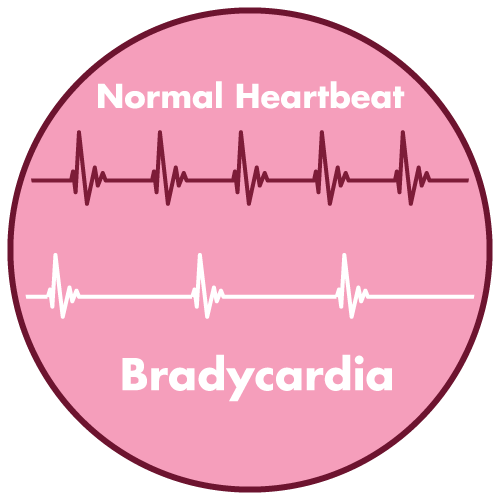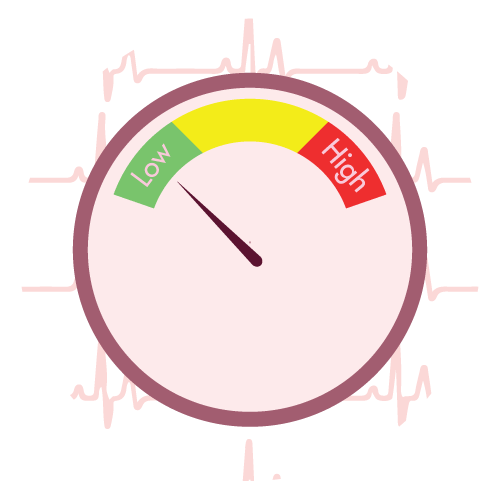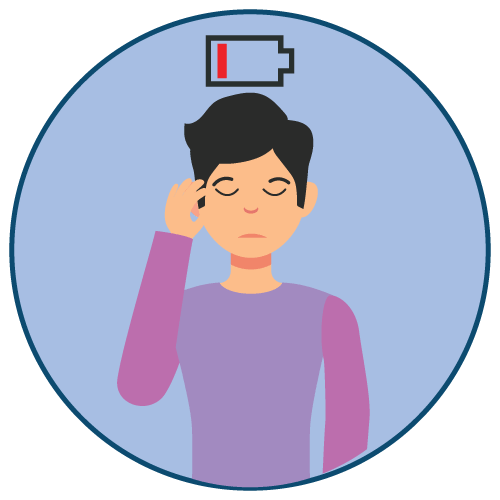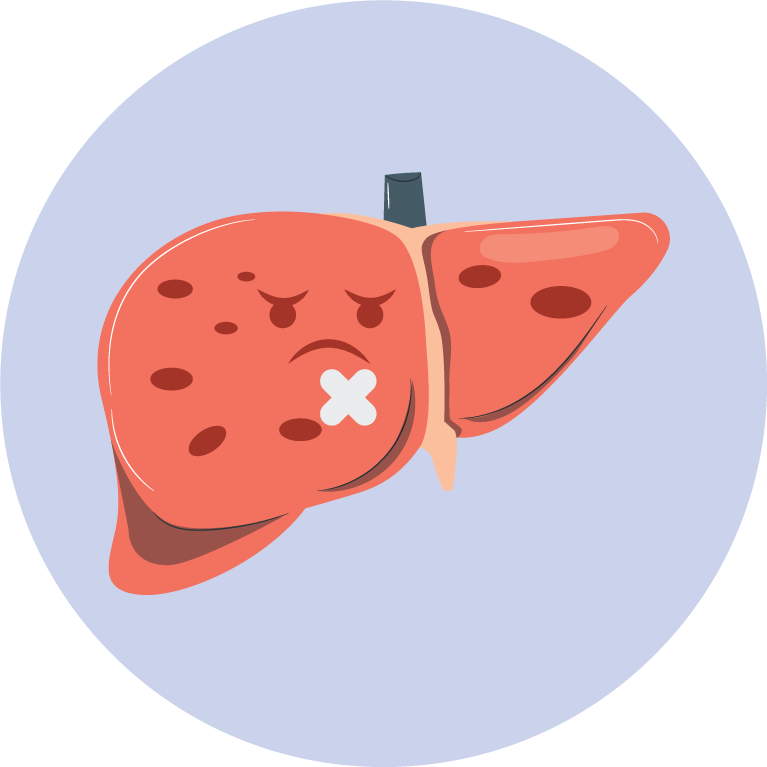| Name | Celiprolol Hydrochloride |
| Classes |
Cardiovascular Agent Antihypertensive Beta-Adrenoceptor Blocker |
| Diseases |
Cardiovascular Disease Hypertension (High Blood Pressure) |
Celiprolol Hydrochloride
Celiprolol is a β-blocker (β1-andrenoceptor antagonist with partial β2 agonist).
Celiprolol is indicated for mild to moderate hypertension.
Adults:
The first dose is 200 mg given orally once a day with a glass of water. Celectol is best taken first thing in the morning, 30 minutes before eating, or two hours after eating. If the treatment response is not satisfactory, the dose may be increased to 400 mg once daily.
Renal impairment:
Heart rate should be monitored in patients with a creatinine clearance of 15–40 ml per minute, and treatment should be reconsidered if bradycardia (less than 50–55 beats per minute at rest) occurs. Patients with a creatinine clearance of less than 15 mL/min should not use celiprolol.
Commonly associated side effects include-
- dizziness
- headache
- bradycardia
- orthostatic hypotension (occasionally with syncope)
- dyspnea
- nausea
- abdominal pain
- asthenia
- erectile dysfunction
- Rash/ pruritus
Asthma and bronchospastic diseases: Despite the fact that cardio selective beta-blockers have a lower impact on lung function than non-selective beta-blockers, they should be avoided in patients with chronic obstructive pulmonary disease, as well as those with a history of bronchospasm or bronchial asthma, unless there are compelling clinical reasons to do so.
Renal & Hepatic impairment:
- In patients with creatinine clearances between 15 and 40 ml per minute, halving the dosage may be suitable.
- After starting therapy, patients with hepatic impairment should be closely monitored, and a lower dosage should be considered.
Contraindication
Contraindicated in patients who are hypersensitive to nebivolol or other beta blockers, such as-
Celiprolol is contraindicated is the following health conditions-
- Asthma
- Bradycardia (severe)
- Heart block
- Cardiogenic shock
- Decompensated cardiac failure
- Severe hepatic impairment
- Sick sinus syndrome
 Bangla
Bangla English
English






